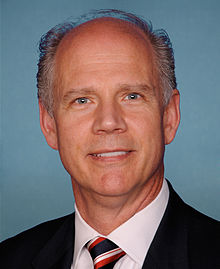
A hearing of the House Subcommittee on Emergency Preparedness, Response and Communications recently examined the status of emergency communication networks for first responders.
Chaired by U.S. Rep. Dan Donovan (R-NY), the committee reviewed communications issues observed in the wake of acts of terrorism, such as the Sept. 11, 2001 attacks, and natural disasters, such as Hurricane Katrina.
“Unimpeded communication between first responders is fundamental to disaster response when time is of the essence,” Donovan said. “Constant improvement in this area can mean the difference between life and death for disaster victims. We heard from security professionals on the status of emergency communication networks and implementation of recommendations from the 9/11 Commission.”
Since 2005, the U.S. Department of Homeland Security has implemented a number of changes designed to enhance first responder communication abilities, including the completion of two National Emergency Communications Plans and the rollout of a public safety broadband network for use by first responders.
Implemented by the First Responder Network Authority (FirstNet), the public safety network was contracted to AT&T in 2016. Since then, AT&T has been building out the network on a state-by-state basis.
Donovan’s hearing also examined a requirement that first responder radio networks must migrate away from the T-band spectrum in the coming years which, according to the committee, could pose challenges for highly-populated urban areas for which a sufficient alternative spectrum might not exist.
“Emergency networks pose complicated technological challenges, but working together we can make sure first responders can communicate consistently and effectively when responding to disasters,” Donovan said.




